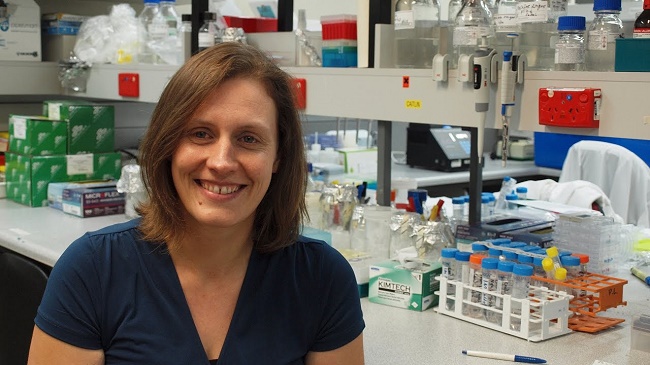A team of Australian scientists was on Wednesday, August 31, 2022, awarded funding to develop technology that harvests resources from wastewater.

The Australian National University (ANU) and Commonwealth Scientific and Industrial Research Organisation (CSIRO) announced more than one million Australian dollars ($685,000) in funding for the inaugural ANU-CSIRO Agri-Food Collaboration Programme.
Inspired by breakthroughs in biological research, the team will seek to address the need to sustain Australia’s agriculture industry in the face of climate change.
Australia is a net exporter of food but the agriculture industry is largely reliant on imported fertiliser.
Harvesting resources including nitrogen, phosphorous and potassium from recycled organic waste for circular fertilisers would help make farming more sustainable.
Caitlin Byrt, an ANU plant scientist, said there was high demand for the technologies across multiple industries.
“The technology we are developing takes inspiration from the membrane separation mechanisms evolved in nature to achieve selective separation of valuable nutrients, elements and water from complex liquid wastes.
“We will work with industry to test a prototype of our technology. If successful, the final product could have application across the agri-food sector, in industries including dairy, horticulture and food manufacturing,” she said.
The partnership was part of the national university and national science agency’s push to solve some of the challenges facing the world.
CSIRO researcher, Cathryn O’Sullivan, said this project would bring together a team of plant biologists, waste treatment experts, chemists and membrane technologists, from ANU and CSIRO.
It added that the research would develop an innovation that will enable the production of circular fertilisers that are safe and economically viable.
